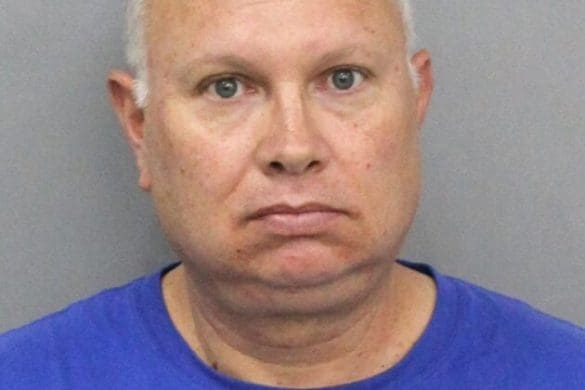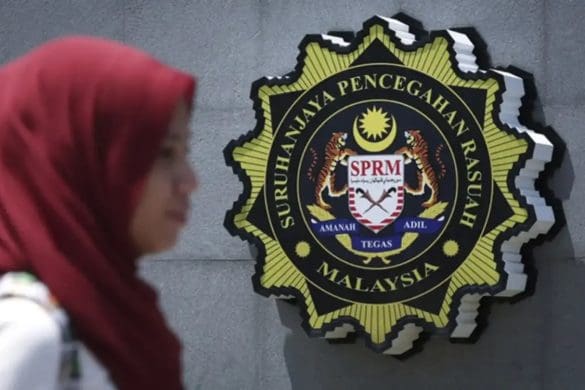Three New Jersey Attorneys Indicted in Short-Sale Fraud Scheme
U.S. Attorney Philip Sellinger has announced the indictment of three New Jersey attorneys involved in a fraudulent short-sale scheme targeting financial institutions. The attorneys, Bruce Egert, Nelson Kong, and Seung Han Shin (also known as Aaron Shin), along with realtor Francisco Sanchez, allegedly induced mortgage lenders into short-sale transactions from June 2013 through December 2016.
Each of the defendants has been indicted by a federal grand jury on one count of conspiracy to commit bank fraud and three counts of bank fraud. Additionally, Egert and Kong face three counts of making false statements to a financial institution.
The arraignments took place on separate dates, with Shin and Kong appearing before U.S. Magistrate Judge Michael A. Hammer on September 19, while Egert and Sanchez were arraigned before U.S. Magistrate Judge Stacey D. Adams on September 23. All four were released on a $100,000 unsecured bond.
The U.S. Attorney’s Office alleges that the defendants made false statements and misrepresentations to facilitate the purchase of homes at significant discounts by a conspirator, Mehdi Kassai, using stolen identities. They purportedly failed to inform banks that Kassai and Egert planned to quickly resell the properties at higher prices, breaching deed restrictions regarding resale timing and price limits.
Some properties were allegedly resold at a substantial profit on the same day the short sales were finalized. Real estate agents Steve Kang and Joshua Son, who represented sellers in these transactions, reportedly received portions of the profits from the resales in return for their involvement.
Egert is identified as Kassai’s attorney in these dealings, conspiring to submit fraudulent HUD-1 settlement statements to victim banks. Meanwhile, Shin, a bankruptcy attorney, allegedly filed bankruptcy petitions for short-sale sellers without disclosing Kassai’s involvement. Sanchez was purportedly compensated by Kassai for managing the short-sale process and finding straw buyers when necessary.
The maximum penalty for the counts of conspiracy to commit bank fraud, bank fraud, and making false statements is up to 30 years in prison and a fine of $1 million, or twice the gross gain or loss from the offense, whichever is greater.
Kang and Son have prior convictions, having pleaded guilty to wire fraud in May 2019 and ordered to pay $2.38 million in restitution. Kang received a sentence of time served, while Son was sentenced to two years of supervised release.




